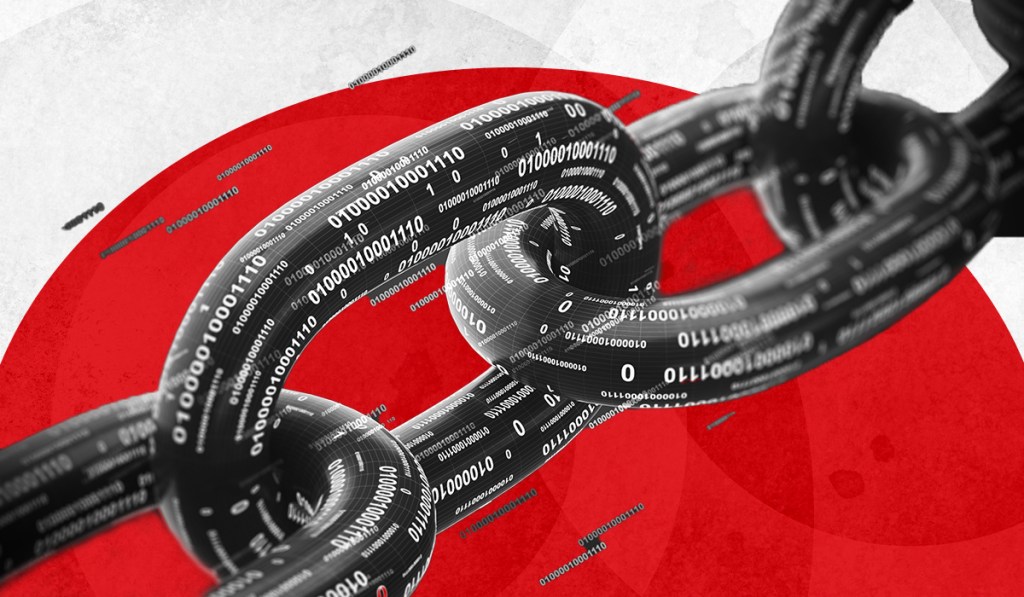In today’s interconnected digital landscape, information sharing is a fundamental aspect of business operations. However, the exchange of data comes with inherent cybersecurity risks, making it vital for organizations to adopt robust measures to protect sensitive information. This installment of the “Reducing Risk” series focuses on how careful review and encryption of sensitive data before sharing with external parties can mitigate cyber threats, safeguard your business, and strengthen trust with clients. Let’s explore this essential topic in depth.
The importance of safe information sharing
Sharing data with external parties can be both necessary and also beneficial for your business, but without proper safeguards, it opens the door to potential data breaches and cyberattacks. Ensuring sensitive data is reviewed, redacted if necessary, and encrypted when shared is a proactive step that can significantly reduce exposure to threats.
Defining sensitive information
Sensitive information, also referred to as personally identifiable information (PII) or non-public personal information (NPI), includes data that could uniquely identify, contact, or locate an individual. This type of information, such as Social Security numbers, financial records, or medical details, is highly coveted by cybercriminals, making its protection a top priority.
The consequences of unsecured information sharing
Failing to secure shared information can have severe repercussions, including:
- Data breaches: Unauthorized access to sensitive information can result in identity theft, fraud, and other malicious activities.
- Reputational damage: A data breach can erode customer trust and damage your company’s standing, leading to long-term financial and operational consequences.
- Regulatory penalties: Many industries mandate stringent data protection standards, and non-compliance can result in substantial fines and legal challenges.
Benefits of implementing safe data practices
Adopting rigorous data-sharing protocols delivers tangible benefits:
- Enhanced data security: Proactively reviewing and encrypting sensitive data minimizes the chances of unauthorized access.
- Regulatory compliance: Adhering to industry regulations and compliance guidelines fosters accountability, protects your business, your clients and their customers. Doing so also helps protect your business from legal consequences.
- Brand reputation management: Demonstrating a commitment to protecting client information builds trust and helps protect your brand’s reputation.
- Stronger client relationships: Clients are more likely to work with you if you can demonstrate safe data sharing practices. Providing a secure environment for sensitive information improves relationships and customer loyalty.
- Operational efficiency: Clear policies for data sharing help streamline processes, reduce risks and promote organizational resilience.
Steps to implement safe data sharing practices
To secure your organization’s information-sharing processes, consider these actionable steps:
- Identify sensitive data: Conduct a thorough audit to determine which data qualifies as sensitive and requires protection.
- Review data prior to sharing: Implement strict protocols to review outgoing data, redacting or removing sensitive information when necessary.
- Encrypt sensitive information: Use robust encryption tools to protect sensitive data during transmission, ensuring it remains secure from unauthorized access.
- Train your team: Regularly educate employees on the importance of secure data-sharing practices and their role in safeguarding sensitive information.
Creating a culture of security
Building a culture that prioritizes cybersecurity involves more than implementing technical safeguards. It requires ongoing collaboration between teams, regular training sessions, and fostering a mindset where security is everyone’s responsibility.
Final thoughts
In an era of increasing digital threats, safe data-sharing practices are indispensable to reducing cybersecurity risks. By reviewing and encrypting sensitive information, your organization not only protects itself from potential breaches but also demonstrates a commitment to ethical and responsible data handling. These measures not only ensure compliance with regulatory standards but also strengthen client trust, creating a competitive advantage.
By taking proactive steps today to enhance your information-sharing processes, you can better protect your business, safeguard your reputation, and strengthen relationships with your customers in an increasingly complex threat landscape.
Bruce Phillips is Senior Vice President and Chief Information Security Officer for MyHome.
This column does not necessarily reflect the opinion of HousingWire’s editorial department and its owners.
To contact the editor responsible for this piece: zeb@hwmedia.com.





